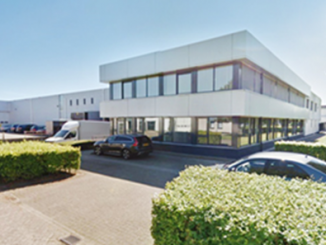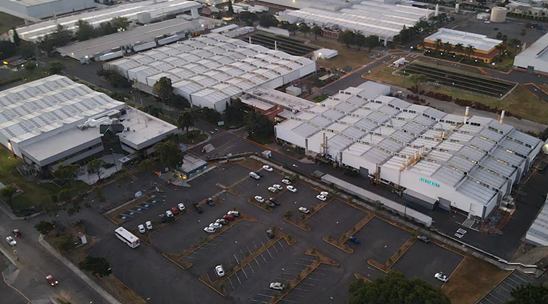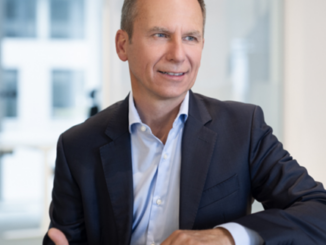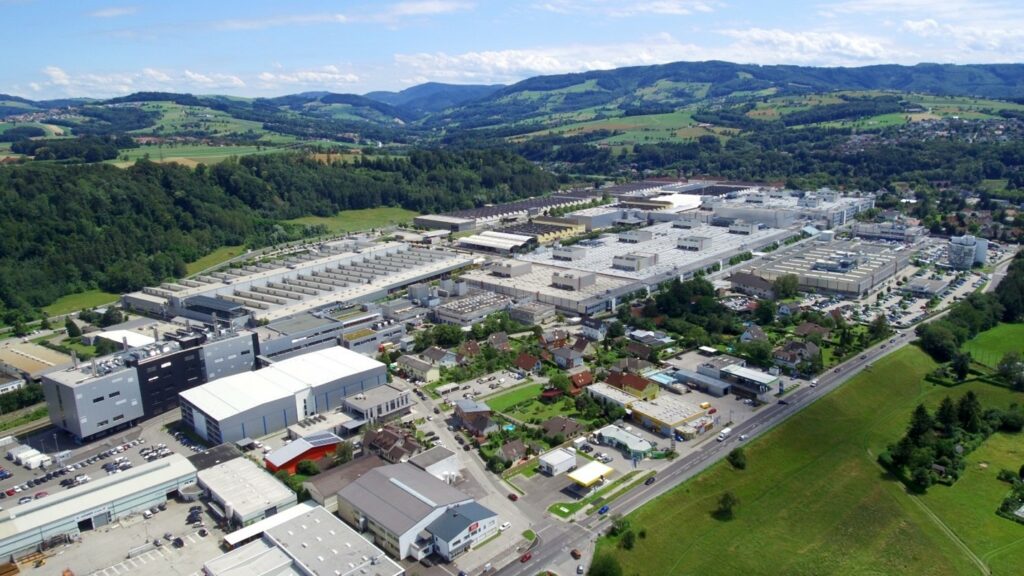
Automaker BMW is racing to align its production sites around the world to accommodate new electric drive designs as it transforms to an electric vehicle powerhouse. The movement is all-encompassing – involving new vehicle and permanent-magnet powertrain designs instead of internal combustion power, leading to massive investments in new plant and equipment.
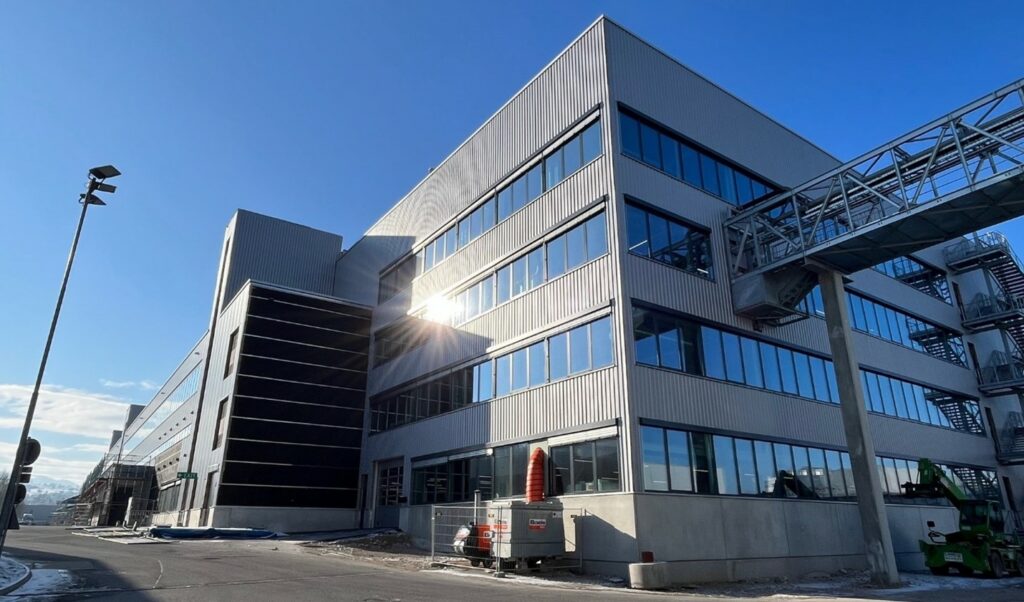
At the BMW Group site in Steyr, Austria, 300 items of new plant and equipment are being installed into newly built production halls for the company’s Neue Klasse e-drives. With some 60,000 square meters of production space, the 105 by 150-meter building was erected to a tight schedule. “Now comes the next important stage, which is no less ambitious than the construction of the halls themselves,” explained Helmut Hochsteiner, head of electric drives at the BMW Group site in Steyr.
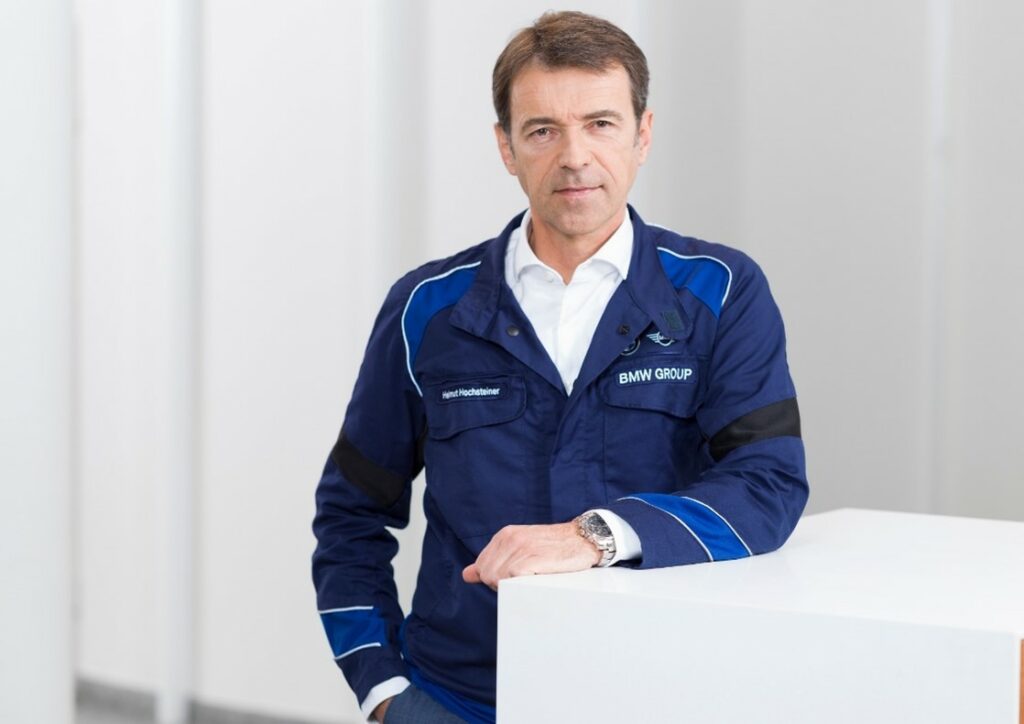
This involves the installation of some 300 items of plant and equipment, many made to specification. “The 300 machines are all shapes and sizes, from small, individual items to the over 30 meter-long ‘marriage’ station. Here, four robots and other systems will work in concert to fit the transmission to the main motor,” said Hochsteiner.
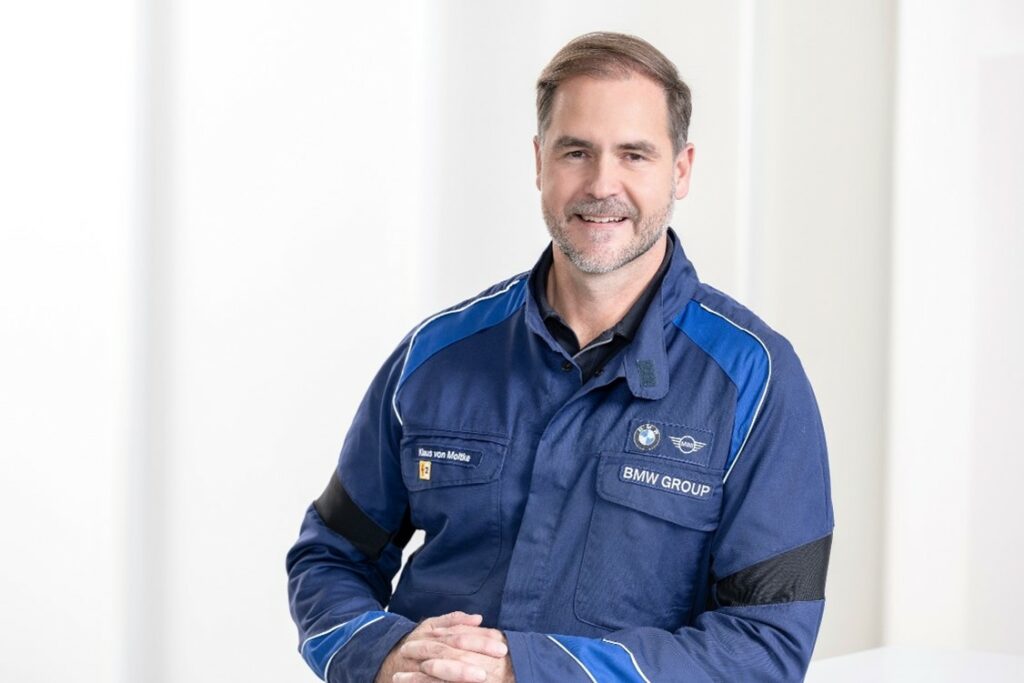
Klaus von Moltke, Senior Vice President of Engine Production at BMW AG and Plant Director of Steyr, outlined the economic dimensions of the project: “We are investing a total of more than 500 million euros in plant and equipment for Steyr, offering further confirmation of the BMW Group’s commitment to the site. Series production of e-drives for the Neue Klasse is scheduled for launch in the autumn of 2025.”
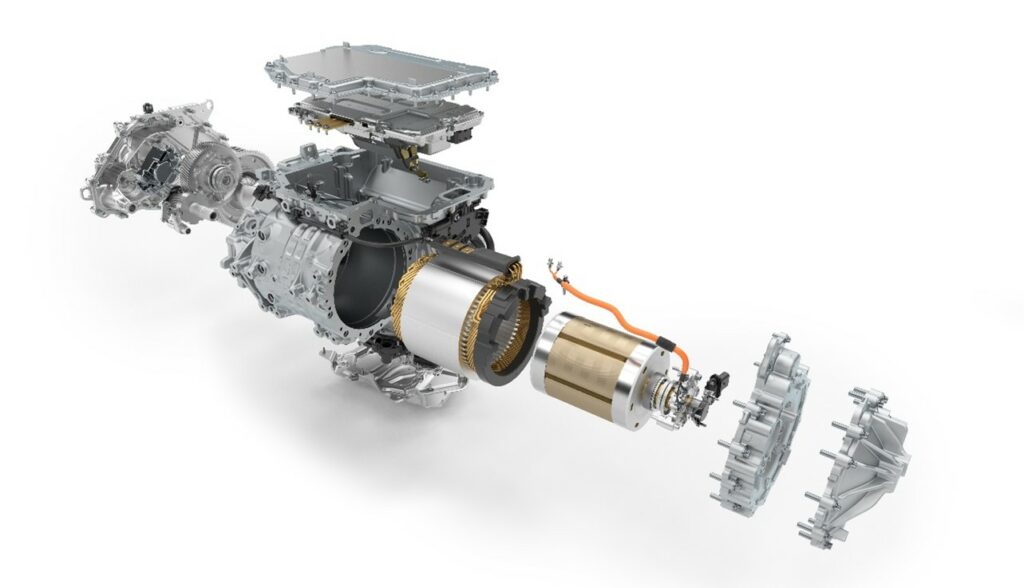
By 2030 the BMW Group will invest some 1 billion euros in total in e-drive production at its Steyr facility. The plant will manufacture over 600,000 e-drives a year alongside diesel and petrol units. Production of these will remain high as well, with combustion engines forming an important part of Steyr’s product portfolio well into the future.
Electrifying the Araquari plant in Brazil
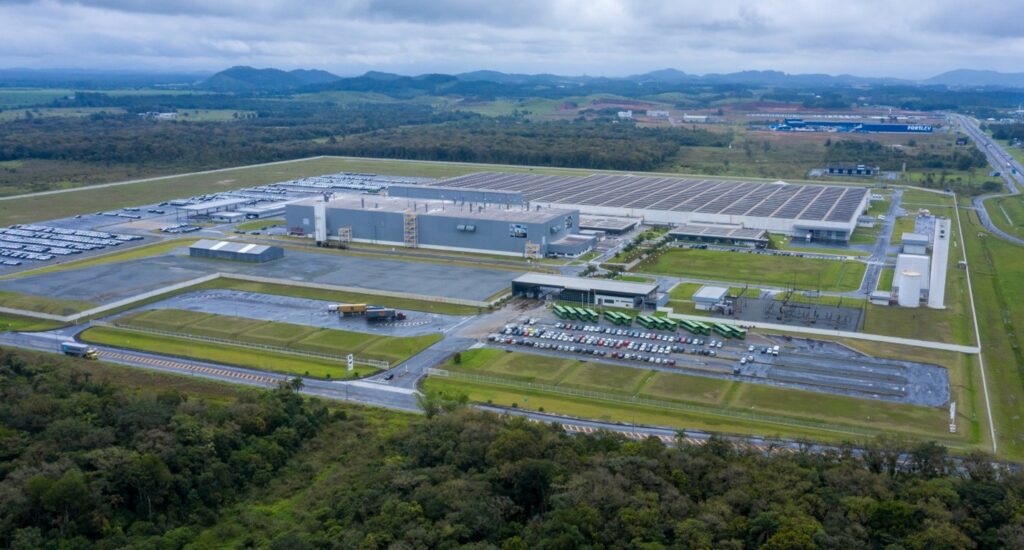
BMW is strengthening its involvement in Brazil by electrifying the production site at Araquari. Following a historic sales record for electrified vehicles in Brazil last year, the company has committed to local production of the BMW X5, the very first premium plug-in hybrid model built in South America.
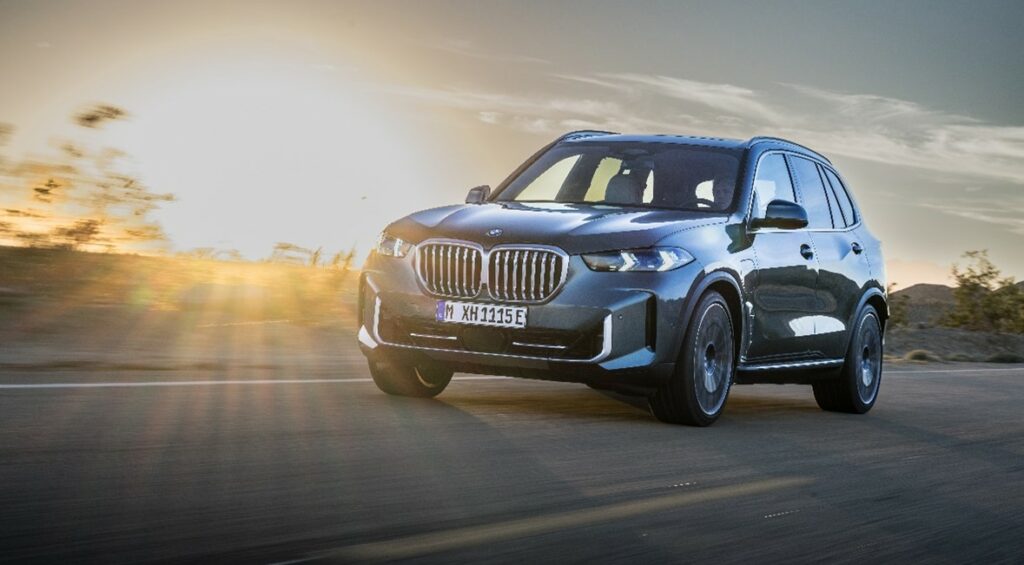
“At the BMW Group, production follows market demand. Last year, BMW Group Brazil achieved a record of 25% share of electrified vehicles within the sales mix. In addition, the BMW X5 was the third-best model of the entire BMW line-up in Brazil. It is a logical conclusion for us to announce the production of the BMW X5 plug-in hybrid in Brazil now,” says Michael Nikolaides, Head of Production Network and Logistics at BMW Group. “We are committed to technology openness. In this context, PHEVs are and will remain an important part of our offering. Now, for the first time, we are bringing this technology to a South American production facility. The BMW Group plant in Araquari has a flexible production line. I am proud to say that Plant Araquari will be the only one to produce ICE, PHEV, and Flex-fuel models in the whole BMW Group production network. Depending on market demand, we can get ready to produce hybrid or electric models in a short period of time. In the next step, we will build PHEV and ICE vehicles on one line.”
New era dawns in Munich
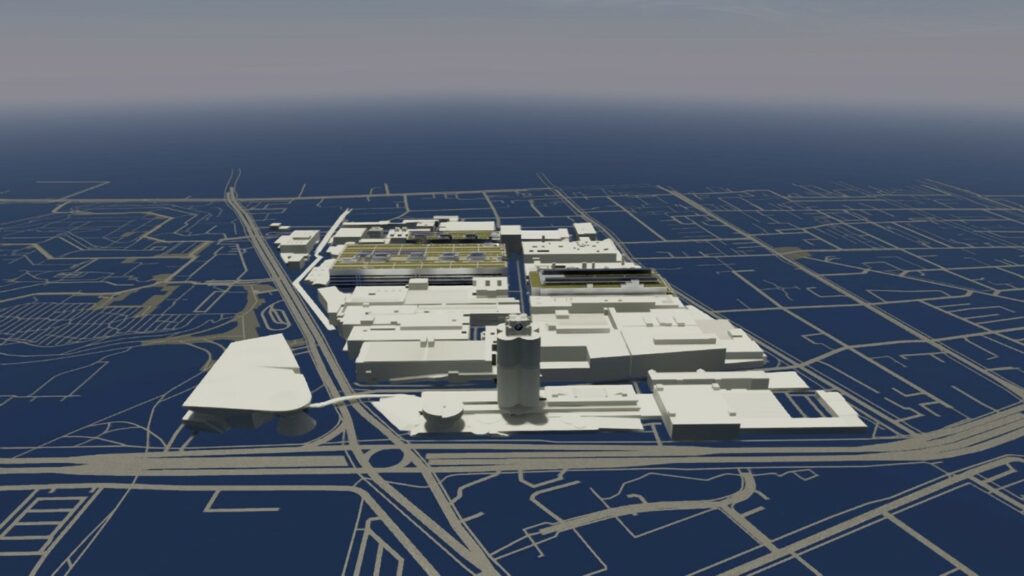
Nowhere is the transformation more dramatic than at BMW Group Plant Munich. Beginning in 2026, the iconic parent plant will produce the Neue Klasse sedan. Just one year later, the factory will manufacture nothing but all-electric models, making the Munich plant the first location in the BMW Group’s existing production network to have successfully completed the transformation to E-mobility from the end of 2027.
“The Munich plant is an excellent example of our ability to adapt. We are investing €650 million here and will produce exclusively all-electric vehicles in our parent plant from the end of 2027,” says Milan Nedeljković, Member of the Board of Management of BMW AG, Production. “Last year alone, six all-electric models went into production. At the same time, we also set a production record, proving that we are simultaneously able to both deliver and shape the future in our production network.”
Peter Weber, Director BMW Group Plant Munich, adds: “Munich is the beating heart of BMW. The plant in Munich is innovative and adaptable. As in the 1960s, a Neue Klasse is again laying the foundation, on which our plant is reinventing itself. The fact that this comprehensive transformation is taking place at the same time as roughly 1,000 vehicles per day are currently being manufactured is common practice in Munich. We are delighted to be guiding the Munich plant into a fully-electric future – starting with the Neue Klasse sedan.”
BMW Group Plant Munich is a prime example of the fluent transition to the era of electromobility. In 2015, the first plug-in hybrid models from the BMW 3 Series were manufactured on the same production line as combustion vehicles. In 2021, the BMW i4 became the first all-electric vehicle to be produced on the same production line. Nowadays, every second vehicle that rolls off the production line has an all-electric drive system.
From 2026, production of the Neue Klasse in the Munich plant will initially run parallel to production of current models. A good year later, from the end of 2027, the BMW Group’s parent plant will be the first existing site in the global production network to manufacture exclusively all-electric vehicles, having been transformed accordingly. As such, the era of vehicles with combustion engines in Munich will draw to a close 75 years after the launch of the BMW 501 in 1952.
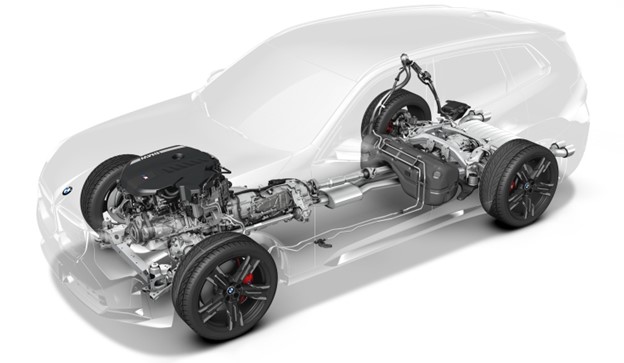
After the start in the new plant in Debrecen, Hungary, and in Munich, the Neue Klasse vehicles will also be produced in Shenyang, China, and San Luis Potosí in Mexico. For more info, see www.bmw.com.

